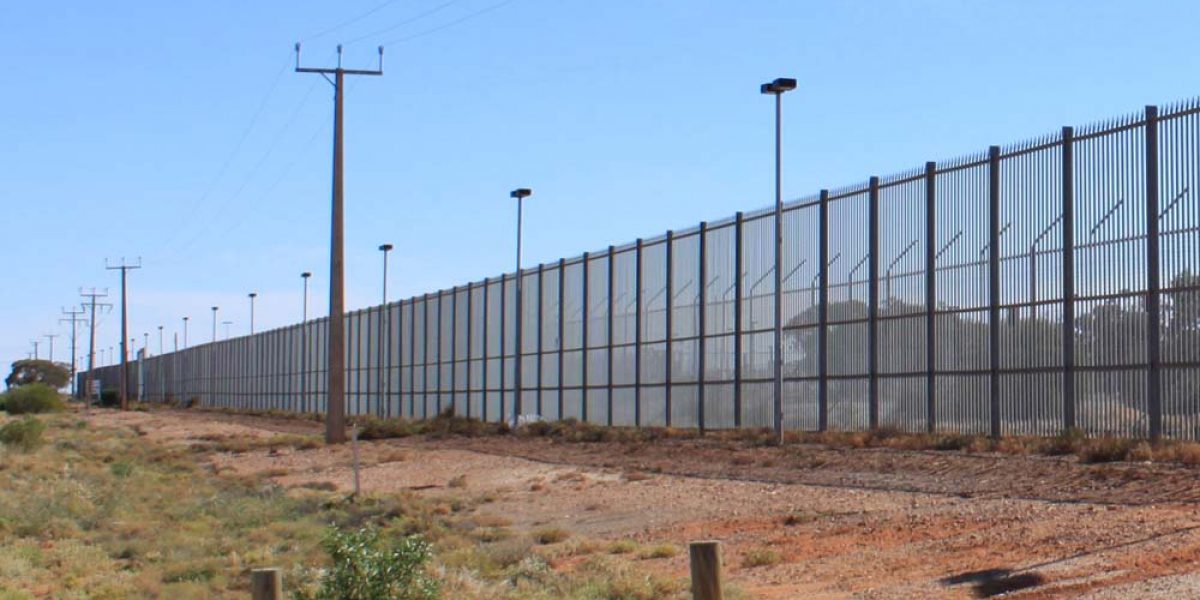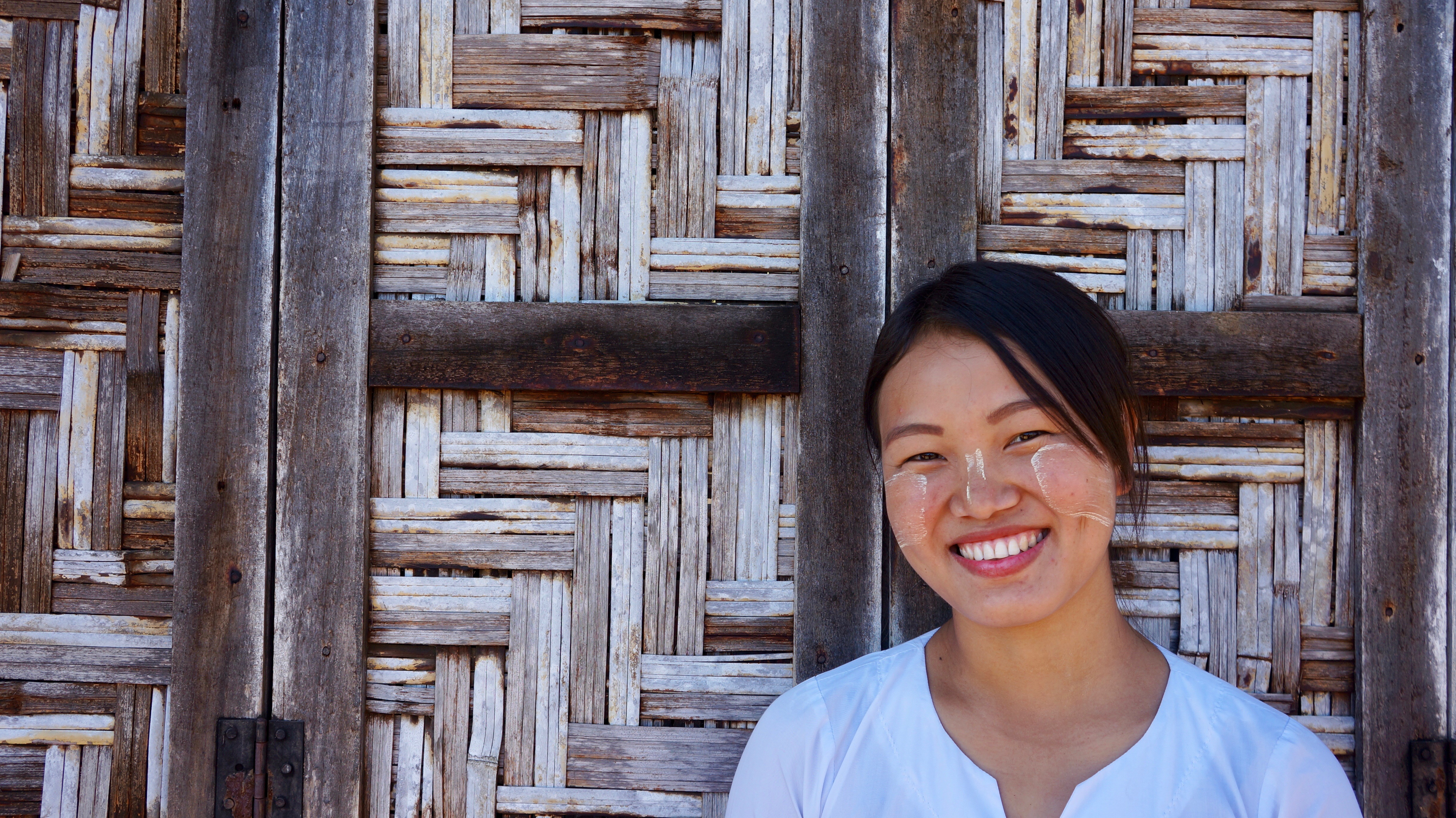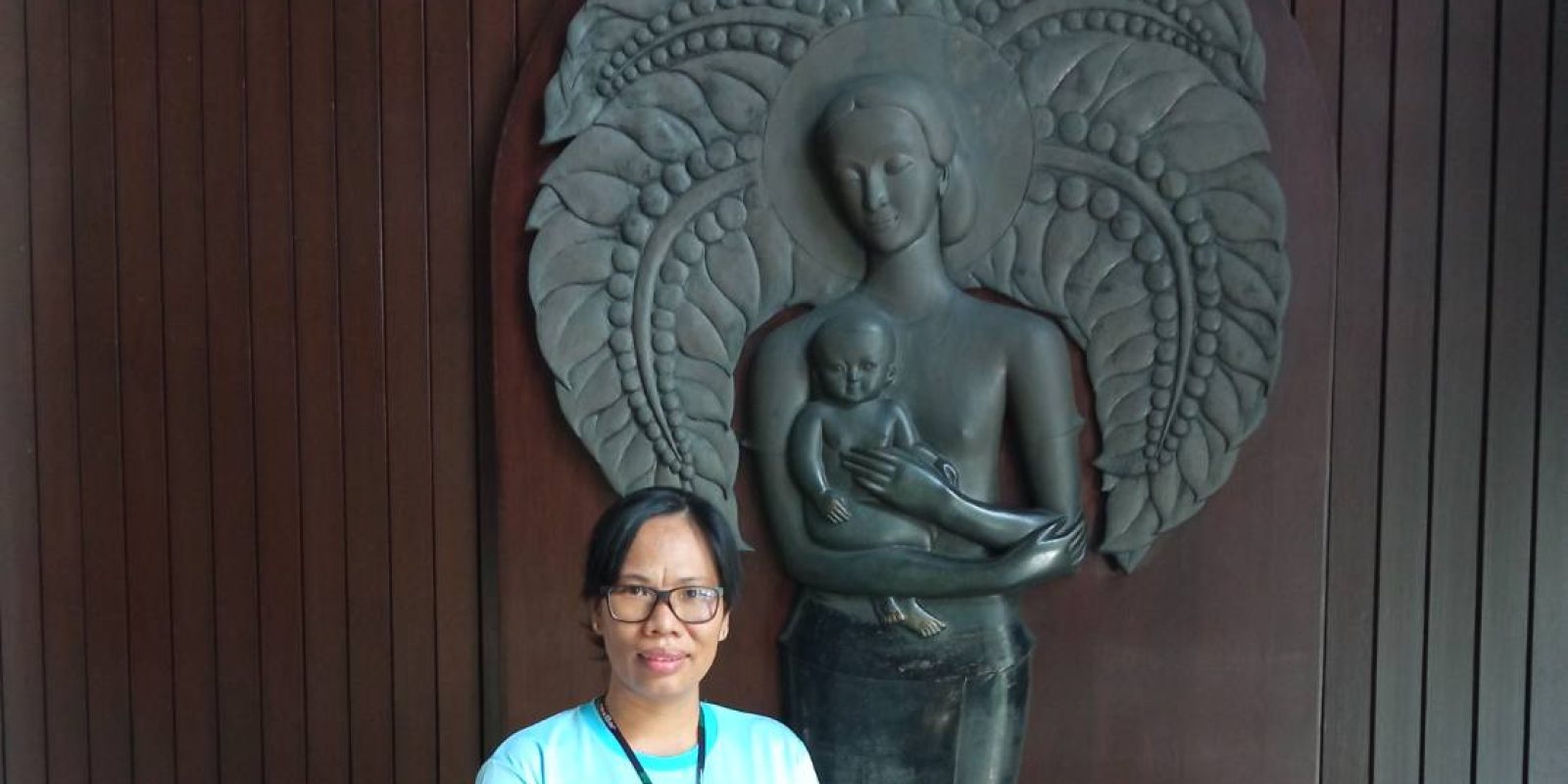Australia: Asylum seekers under 15 deserve schooling
22 April 2013|Fr Aloysious Mowe SJ

Sydney, 22 April 2013— Early this month, on 5 April, the Australian government announced that 150 asylum seekers between the ages of 15 -17 held in Pontville Detention Centre, 30 km north of Tasmania’s capital Hobart, would be allowed to attend public schools.
Jesuit Refugee Service (JRS) Australia welcomes the news that youths between these ages will have access to education in Hobart. We also hope that the progressive policy can be extended to younger children who remain detained, and whose rights to go to school under the 1989 UN Convention on the Rights of the Child are not recognised.
In total, there are more than 100 unaccompanied minors in Pontville Detention Centre, according to Tasmanian Asylum Seeker Support, a local organisation that provides psychosocial support and accompaniment for asylum seekers.
Not only is education a universal right for children in Australia, but the government pledged in July 2008 to release all children from detention. Despite this assurance, approximately 1,000 children are detained in facilities across Australia and in remote locations such as Nauru, Manus and Christmas Island. Very few of these children can go to school.
JRS believes that education can empower young asylum seekers to lead integrated and active lives in their host community. For children whose dreams have been shattered, the opportunity to learn can foster a future filled with hope.
“For forcibly displaced persons education has a critical role in sustaining and saving their lives throughout a crisis,” states the JRS Working Paper on Education.
It is deplorable in the first place that education opportunities have to be found for children in detention; apart from a brief stay in a processing centre for health and identity checks, asylum seeker children should be living in the community.
The government’s Community Detention (CD) program, introduced in June 2005, allows unaccompanied minors to live in the community with support from trained care staff. This alternative is a more cost effective and humane model than secure detention facilities, which are bound to have profoundly negative psychosocial impacts on children.
JRS supports the views of Paris Aristotle, one of the members of the government’s Expert Panel on Asylum Seekers, who has characterised children in detention on Manus Island as “arbitrary detention”, and has called for the return of children to Australia immediately if the situation cannot be rectified “straight away”.
JRS continues to advocate for the release of all children from detention, and believes that where practically it is possible, children who have to stay in detention (both under and over the age of 15) should at the very least have access to Australia’s education system.



